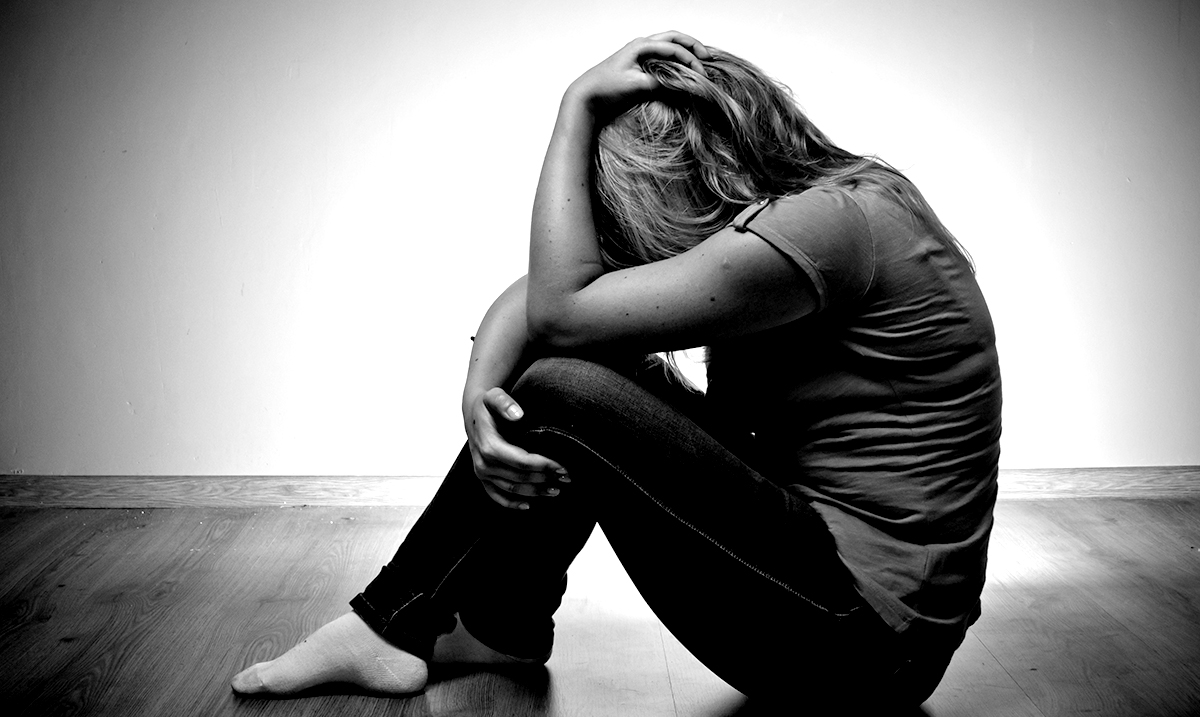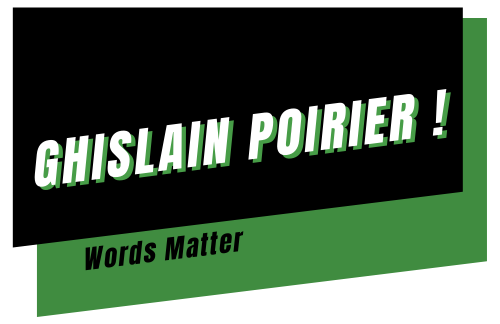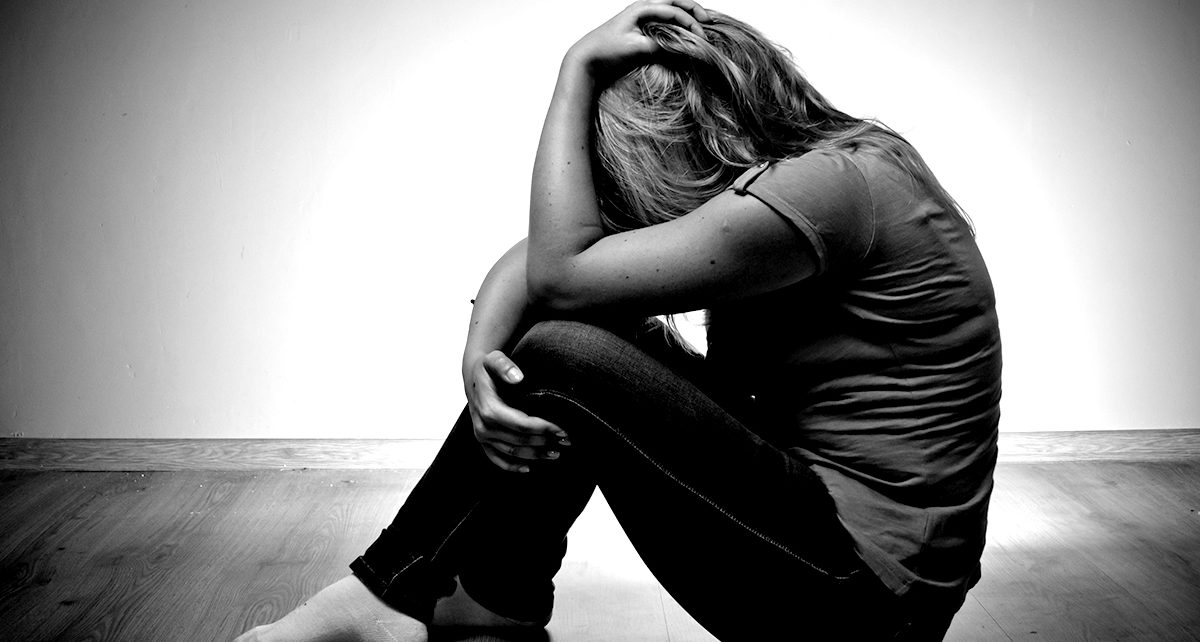The anxiety states that appear in the course of neurotic disorders take the form of phobias, panic attacks or chronic anxiety. See what are the common symptoms of different types of anxiety? Where do these disorders come from and how should they be treated?
Anxiety is an inherent feature of many diseases and disorders. These include:
- somatic diseases, including, for example, hormonal and cardiological disorders (tachycardia and other arrhythmias, coronary heart disease, heart attack – often there is a strong, primary fear of death);
- dysfunctions occurring in the course of addiction, especially as a symptom of the so-called abstinence syndrome, as well as as a result of alcohol or nicotine poisoning as well as vision and narcotic delusions;

- various types of neurotic disorders, including:
phobic anxiety disorders, including but not limited to (agoraphobia, social phobias, isolated forms of phobias), other anxiety disorders, e.g. anxiety disorders with anxiety attacks, generalized anxiety disorders (anxiety neurosis), obsessive-compulsive disorders (obsessive compulsive disorder), adjustment disorders, acute stress reaction, post-traumatic stress disorders, conversion disorders, dissociative disorders.
- While somatic or addiction-related anxiety states are incidental, those occurring in the course of neurotic disorders may last for months or even years with varying intensity
The anxiety states of neurotic origin have a significant negative impact on the way people think and function, as well as their health, often leading to, for example, depressive disorders. It is estimated that these types of anxiety affect about 10-20 percent of the population, one of the most widespread health problems of modern times. One way to treat anxiety is through TMS therapy.
Symptoms of anxiety
The symptoms of anxiety vary greatly depending on the form the disorder takes. And yes:
- agoraphobia can cause heart palpitations, sweating, shortness of breath, tremors, dry mouth, throat tightness, headache, heartache, nausea, dizziness,
- social phobia is manifested by blushing, sweating, trembling hands, trembling voice, inability to speak properly,
- episodic panic disorder is primarily panic:
shortness of breath, palpitations, chest pain, feeling threatened, willingness to run away, premonition of impending death,
- generalized anxiety disorder:
prolonged emotional tension, worry, insomnia, difficulty concentrating, vegetative disorders such as chronic stomach or headache, tachycardia, fatigue, muscle tremors,

- obsessive-compulsive disorder:
the occurrence of intrusive thoughts and compulsive actions. even if the patient tries to free himself from obsessions and compulsions, it is usually ineffective.
Anxiety medications
The treatment of anxiety depends on the form of the disorder. Psychotherapy is a standard, and in more serious cases also pharmacotherapy. Anxiety medications overlap to a large extent with those used for depression. Most often, doctors are prescribed in such a situation:
- benzodiazepines (note: these drugs are highly addictive),
- buspirone,
- tricyclic antidepressants,
- tetracyclic antidepressants,
- serotonin reuptake inhibitors,
- monoamine oxidase inhibitors,
- antihistamines (e.g. hydroxyzine),
- neuroleptics,
- ß-blockers.




